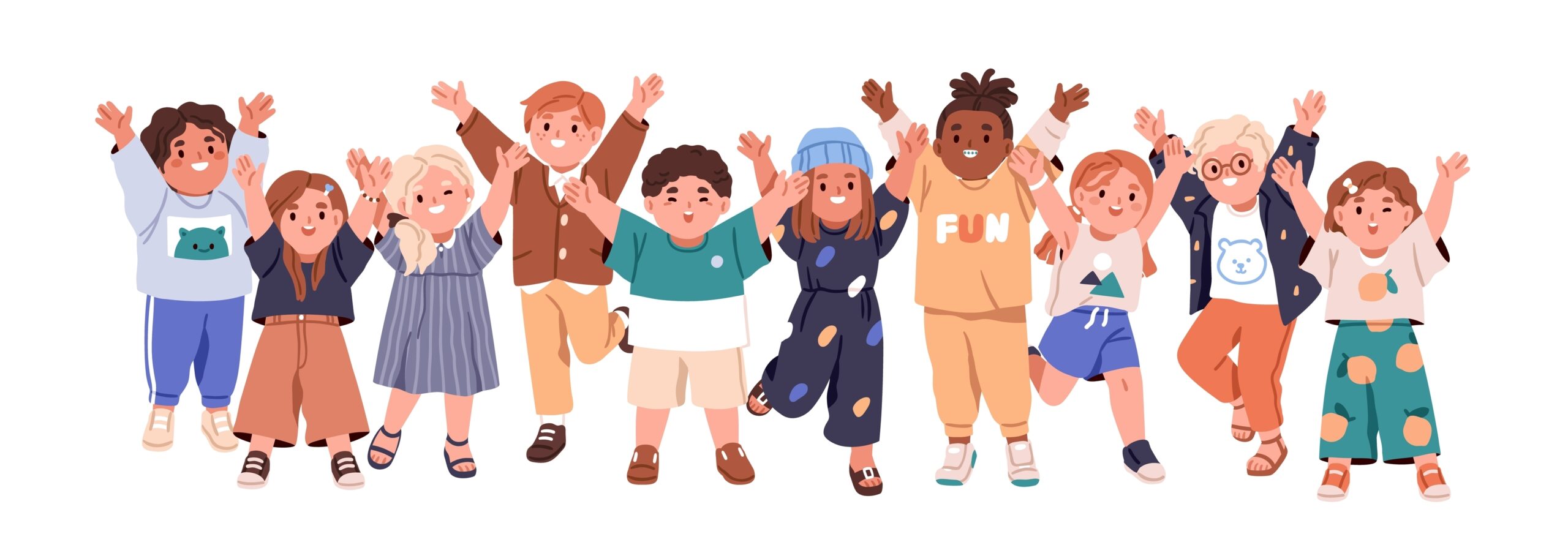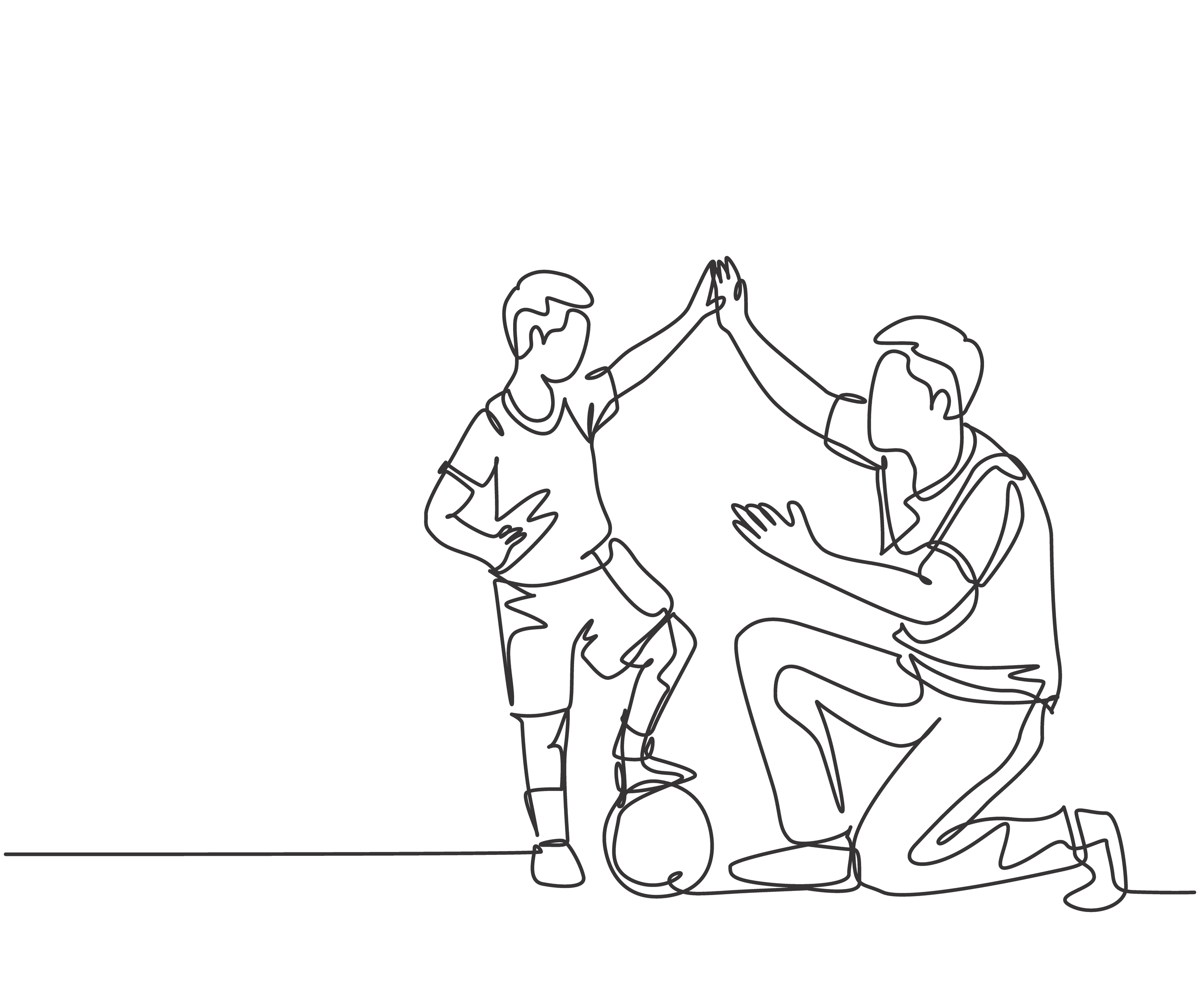Neurodevelopmental Disorders & Learning Differences
- Dyslexia in Children: Symptoms, Causes & Best Therapies
- Dysgraphia in Children: Symptoms, Diagnosis & Treatment
- What Is Dyscalculia? Symptoms, Causes & Treatment
- Specific Learning Disorder with Impairment in Reading | Symptoms, Treatment & Therapists Near You
- Nonverbal Learning Disorder (NVLD): Symptoms, Causes & Therapies
- What Is Giftedness in Children? Signs, Support & Therapists
- Language Processing Disorder in Children: Signs, Therapy & Support
- Language Disorders in Children: Signs, Types & Therapy
- Delayed Speech in Children: Causes, Signs, and Therapy Options
- Executive Function Disorder in Children: Signs, Support & Therapy
- Apraxia of Speech in Children: Signs, Diagnosis & Therapy
- Understanding Intellectual Disability in Children: Signs, Support & Therapies
- What Is Twice-Exceptional (2e)? Signs, Challenges & Support for Gifted Children with Disabilities
- Global Developmental Delay (GDD)
Global Developmental Delay (GDD)

Authored by: The DrSensory Editorial Team
Reviewed by: 🛡️ DrSensory Clinical Review Board
Last updated: June 2025
- Causes of Global Developmental Delay
- Diagnosis of GDD
- Treatment and Support for GDD
- Prognosis: Can a Child Outgrow GDD?
- Developmental Milestone Comparison Chart: GDD vs Typical Development
- Sensory Processing and Global Developmental Delay
- Comorbid Conditions Associated with GDD
- Real-Life Parent Experience
- Frequently Asked Questions
Global Developmental Delay (GDD): A Complete Guide
What Is Global Developmental Delay (GDD)?
Global Developmental Delay (GDD) is a diagnosis given when a child under the age of 5 shows significant delays in two or more developmental domains. These areas can include speech and language, motor skills, cognition, social/emotional interaction, and daily living activities. GDD is not a specific disorder but a general term for a range of delays that may or may not persist long-term.
Key Developmental Areas Affected
Children with GDD often show delays in two or more of the following:
Gross Motor Skills
(e.g., crawling, walking)
Fine Motor Skills
(e.g., grasping, drawing)
Speech and Language
(e.g., talking, understanding)
Cognitive Skills
(e.g., problem-solving, memory)
Social and Emotional Development
(e.g., interacting, emotional regulation)
Daily Living Skills
(e.g., feeding, dressing)
Signs and Symptoms of GDD
- Delayed walking or sitting
- Difficulty with communication
- Trouble following directions
- Poor coordination or balance
- Inability to interact with peers
- Limited attention span or problem-solving ability
- Behavioral issues such as tantrums or withdrawal
Note: All children develop at different rates. A diagnosis of GDD is only made when delays are persistent, significant, and affect multiple domains.
Causes of Global Developmental Delay
GDD can be caused by a range of genetic, prenatal, perinatal, or environmental factors, including:
- Chromosomal abnormalities (e.g., Down syndrome, Fragile X)
- Prenatal exposure to alcohol or drugs
- Premature birth or birth trauma
- Brain injury or infections (e.g., meningitis)
- Metabolic or neurological disorders
- Severe malnutrition
- Autism Spectrum Disorder (if not yet formally diagnosed)
In many cases, the cause of GDD may remain unknown despite thorough evaluations.
Diagnosis of GDD
Diagnosing GDD typically involves:
- Developmental screenings and assessments (e.g., Bayley Scales)
- Medical history and physical examination
- Hearing and vision tests
- Genetic testing or brain imaging (e.g., MRI)
- Neurodevelopmental evaluations by a pediatrician, neurologist, or psychologist
Important: A diagnosis of GDD is generally reserved for children under 5. After that, a more specific diagnosis like Intellectual Disability (ID) may be made.
Treatment and Support for GDD
Early Intervention Is Key
The earlier a child with GDD receives support, the better the developmental outcomes. A multi-disciplinary approach is often used, including:
- Speech and Language Therapy
- Occupational Therapy (OT)
- Physical Therapy (PT)
- Behavioral Therapy
- Special Education Services
- Family Counseling and Support
Therapy goals are individualized based on the child’s strengths and needs.
Prognosis: Can a Child Outgrow GDD?
Some children with GDD catch up with their peers, especially if the delay is mild and intervention is early. However, others may continue to have learning or developmental challenges and may later be diagnosed with:
- Autism Spectrum Disorder (ASD)
- Intellectual Disability (ID)
- Attention Deficit Hyperactivity Disorder (ADHD)
- Speech or Learning Disorders
A child’s progress varies greatly, and continued support is essential.
Developmental Milestone Comparison Chart: GDD vs Typical Development
Comparing developmental milestones can help parents and caregivers better understand where a child may be experiencing delays. This chart outlines general expectations vs. what may be seen in a child with GDD.
Milestone Chart: Typical vs. GDD Delayed Development
| Age | Typical Development | Signs of COD |
|---|---|---|
| 6 Months | Rolls over, sits with support, babbles | Limited movement, poor head control, minimal vocal sounds |
| 12 months | Pulls to stand, says first words, point | Doesn't crawl or stand, no words, lacks gestures |
| 18 months | Walks alone, says several words, plays with toys | Difficulty walking, limited speech, little interest in play |
| 2 years | Follows simple instructions, 2-word phrases | Doesn't follow direction, struggles with combining words |
| 3 years | Rides tricycle, speaks in sentences | Trouble balancing, unclear speech. struggles with interaction |
| 4-5 years | Draws shapes, uses toilet, social play | Trouble with fine motor tasks, accidents, withdrawn behavior |
Sensory Processing and Global Developmental Delay
Many children with GDD also experience sensory processing difficulties, where the brain has trouble receiving or responding to information from the senses. This can significantly impact behavior, learning, and comfort in daily life.
Common Sensory Signs in GDD:
- Hypersensitivity: Overreaction to noise, light, textures, or movement
- Hyposensitivity: Seeks intense sensory input (e.g., crashing, spinning)
- Oral sensory issues: Gagging, picky eating, chewing non-food objects
- Poor body awareness: Clumsiness, falling, bumping into things
- Difficulty calming down: Easily overstimulated or overwhelmed
Sensory Support Strategies:
- Use weighted blankets or vests for calming input
- Offer sensory bins with rice, sand, or water beads
- Incorporate deep pressure activities like pushing/pulling
- Try noise-canceling headphones in loud environments
- Create a quiet corner or sensory room at home or school
Comorbid Conditions Associated with GDD
Global Developmental Delay is often not an isolated condition. Many children with GDD are later diagnosed with additional neurodevelopmental or medical conditions.
Common Co-Occurring Conditions:
- Autism Spectrum Disorder (ASD): Especially if social and communication skills are significantly affected.
- ADHD: May present as hyperactivity, impulsivity, or difficulty focusing.
- Cerebral Palsy: In cases where motor skills are significantly impaired.
- Seizure disorders: Such as epilepsy, especially if brain injury is a factor.
- Hearing or Vision Impairments: Often contribute to speech or learning delays.
- Intellectual Disability: A diagnosis that may replace GDD after age 5.
Why It Matters
Identifying comorbidities allows for targeted interventions and improves treatment outcomes across multiple domains of development.
Real-Life Parent Experience:
“Our Journey with GDD”
“At 18 months, we noticed our daughter wasn’t walking or speaking like other toddlers her age. We were scared, unsure of what to do next. After a referral to a developmental pediatrician, she was diagnosed with Global Developmental Delay. The first few months were overwhelming, but early intervention made a huge difference. Today, she’s thriving in preschool with the support of speech and occupational therapy. GDD doesn’t define her — it just gave us a different roadmap.”
— Sammy T
Down Syndrome: Frequently Asked Questions (FAQs)
What is the difference between GDD and Autism?
Autism is a specific neurodevelopmental disorder. GDD is a broader term used for younger children who show delays but may not yet have a formal diagnosis like ASD.
Is GDD permanent?
Not always. Some children outgrow their delays with proper therapy, while others may transition to a more defined developmental or cognitive diagnosis.
Can GDD be diagnosed in babies?
Most diagnoses are made after 6 months to 1 year of age, based on missed developmental milestones.
Does GDD mean my child will never talk?
No. Many children with GDD develop language skills later than peers. Speech therapy can help significantly.
What is global developmental delay in toddlers?
Global developmental delay (GDD) is a term used when a child under 5 shows significant delays in multiple areas like speech, motor skills, social interaction, or problem-solving. It is not a specific diagnosis but a way to describe a pattern of delayed development.
Can a child grow out of global developmental delay?
Some children with GDD catch up with peers over time, especially with early intervention. Others may continue to have learning or cognitive challenges and may receive a different diagnosis like intellectual disability or autism as they grow.
What therapies help with global developmental delay?
Common therapies include speech therapy, occupational therapy, physical therapy, and early intervention programs. A personalized, multi-disciplinary approach is often most effective.
Does GDD affect intelligence?
Not always. Some children with GDD have average or near-average intelligence but struggle with language, motor skills, or social skills. Others may have cognitive impairments. IQ testing may come later as the child matures.
How do I support a child with global developmental delay at home?
Establish routines, use visual aids, practice daily skills, and play with purpose. Reinforce therapy goals at home and stay consistent. Celebrate small wins and progress.
This page provides general educational content and is not a substitute for professional medical advice. Always consult a licensed provider for diagnosis and treatment.
View privacy policy, copyright and trust info
More on Neurodevelopmental Disorders & Learning Differences

- Dyslexia in Children: Symptoms, Causes & Best Therapies
- Dysgraphia in Children: Symptoms, Diagnosis & Treatment
- What Is Dyscalculia? Symptoms, Causes & Treatment
- Specific Learning Disorder with Impairment in Reading | Symptoms, Treatment & Therapists Near You
- Nonverbal Learning Disorder (NVLD): Symptoms, Causes & Therapies
- What Is Giftedness in Children? Signs, Support & Therapists
- Language Processing Disorder in Children: Signs, Therapy & Support
- Language Disorders in Children: Signs, Types & Therapy
- Delayed Speech in Children: Causes, Signs, and Therapy Options
- Executive Function Disorder in Children: Signs, Support & Therapy
- Apraxia of Speech in Children: Signs, Diagnosis & Therapy
- Understanding Intellectual Disability in Children: Signs, Support & Therapies
- What Is Twice-Exceptional (2e)? Signs, Challenges & Support for Gifted Children with Disabilities
- Global Developmental Delay (GDD)
Find a Therapist near you
Are you looking for a physical, occupational, or speech therapist in your area?
Look no further than the DrSensory Therapist Database and Clinic Directory!
Find a Therapist
Find the physical therapist, occupational therapist, or speech language pathologist you’re looking for!
Ask Us Anything
Whether you are looking for advice, have a general question about sensory processing, or looking for resources.
Submit Your Story
Share your story about your child. Let’s celebrate milestones and learn more about challenges.











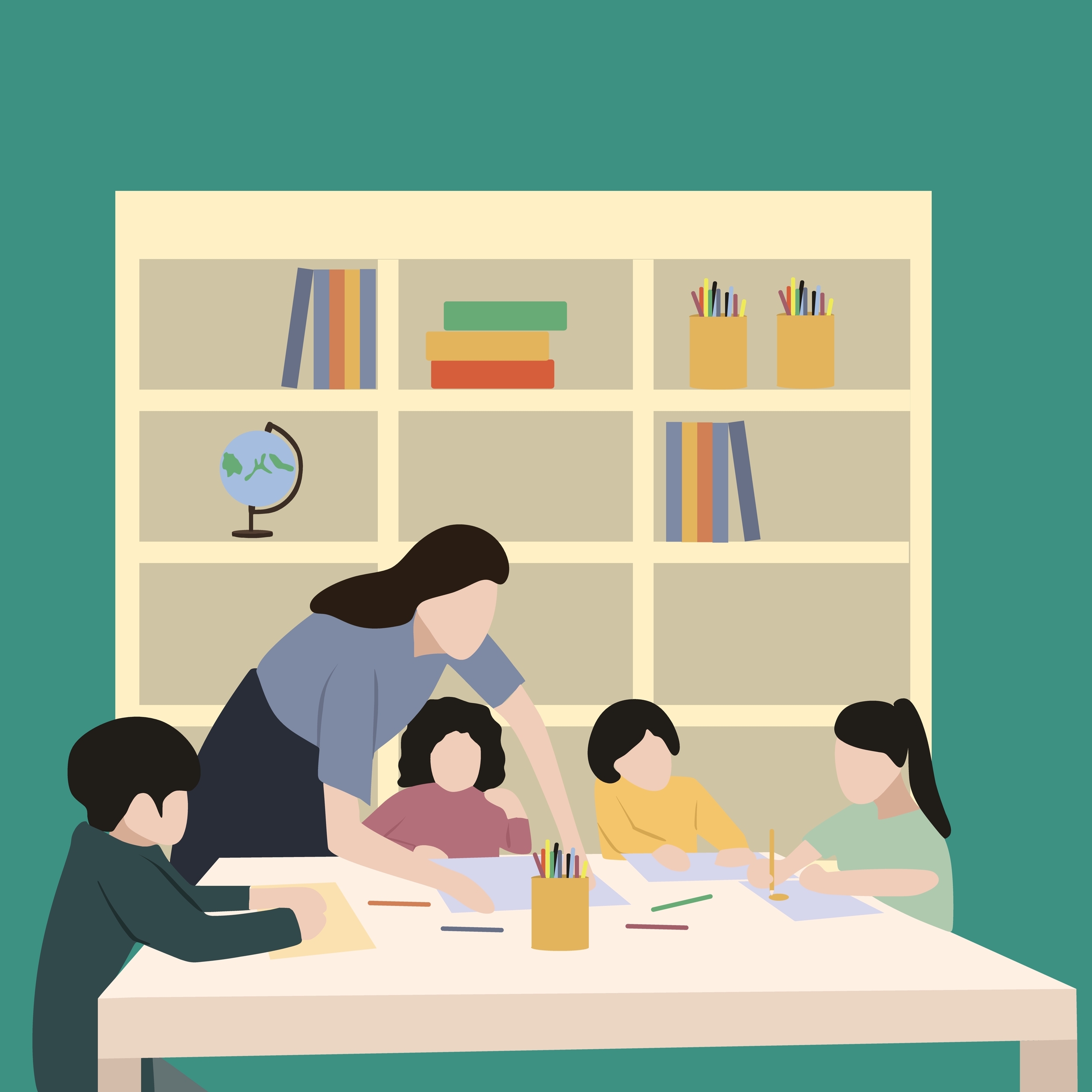










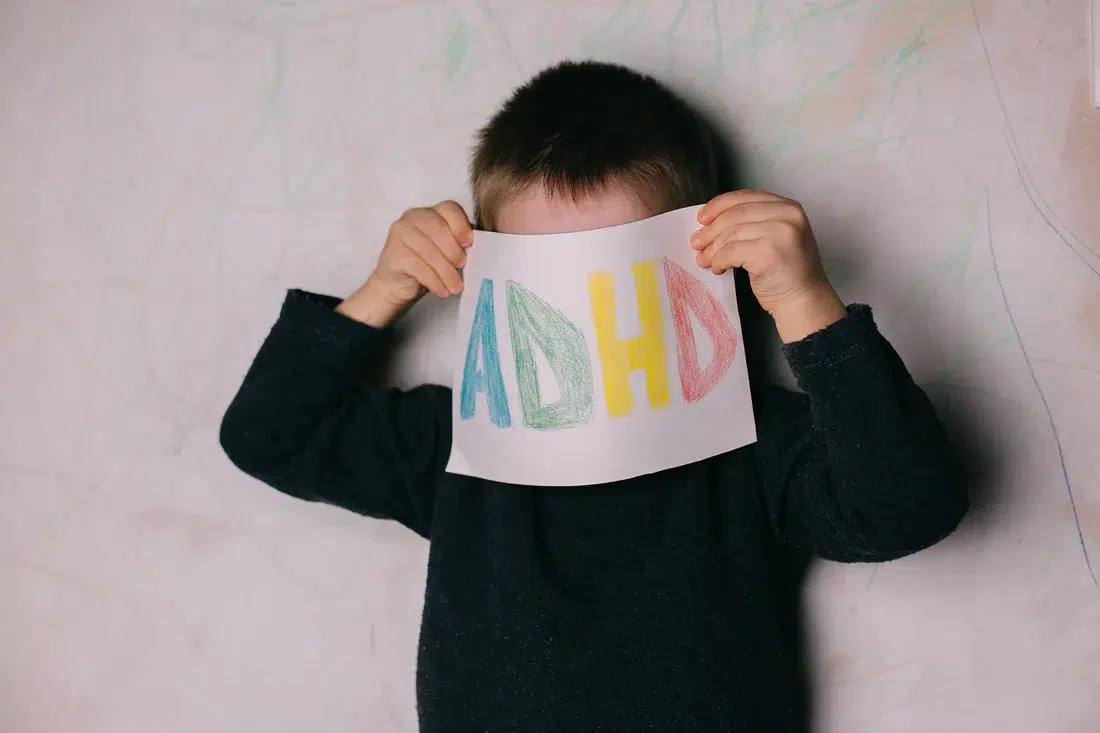




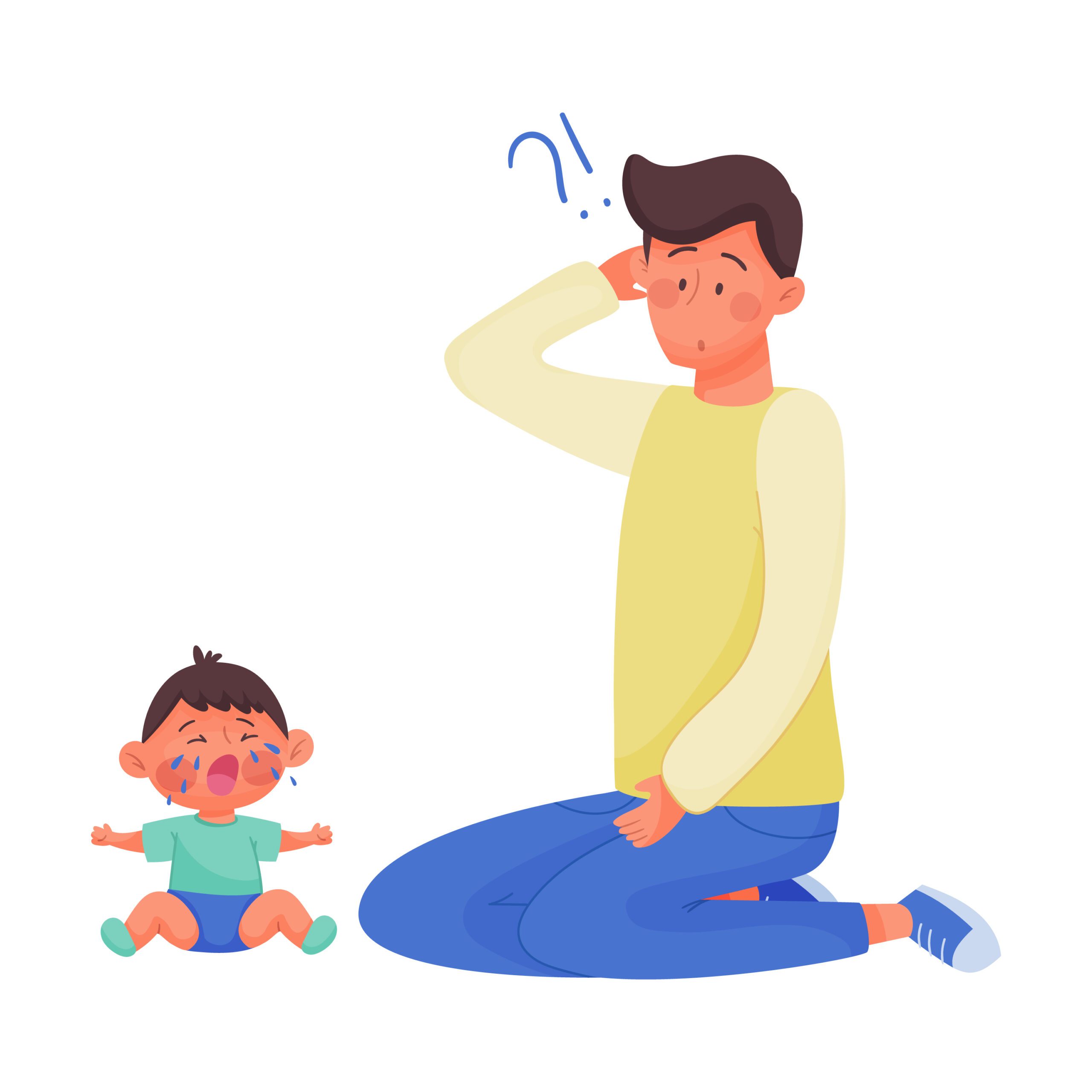
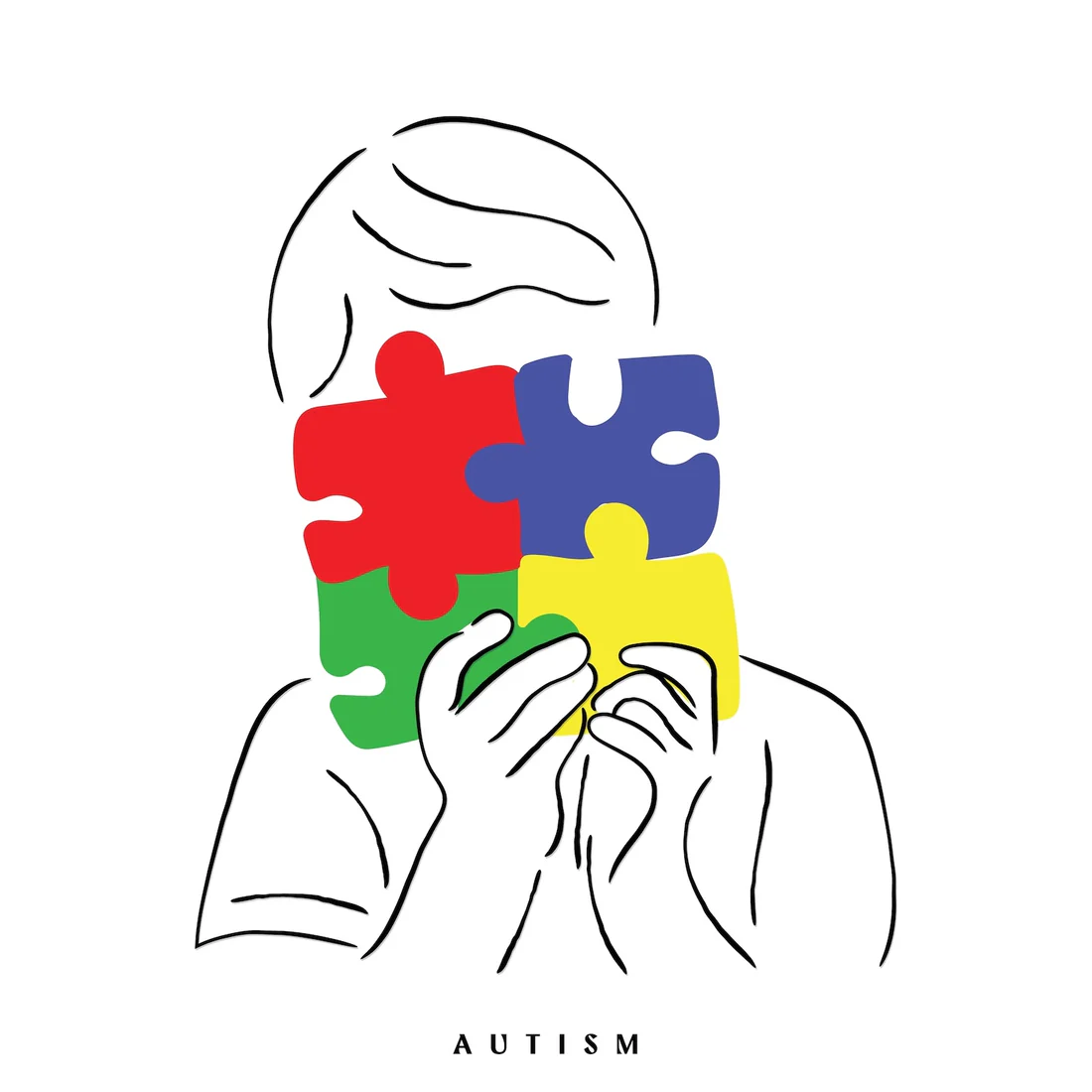
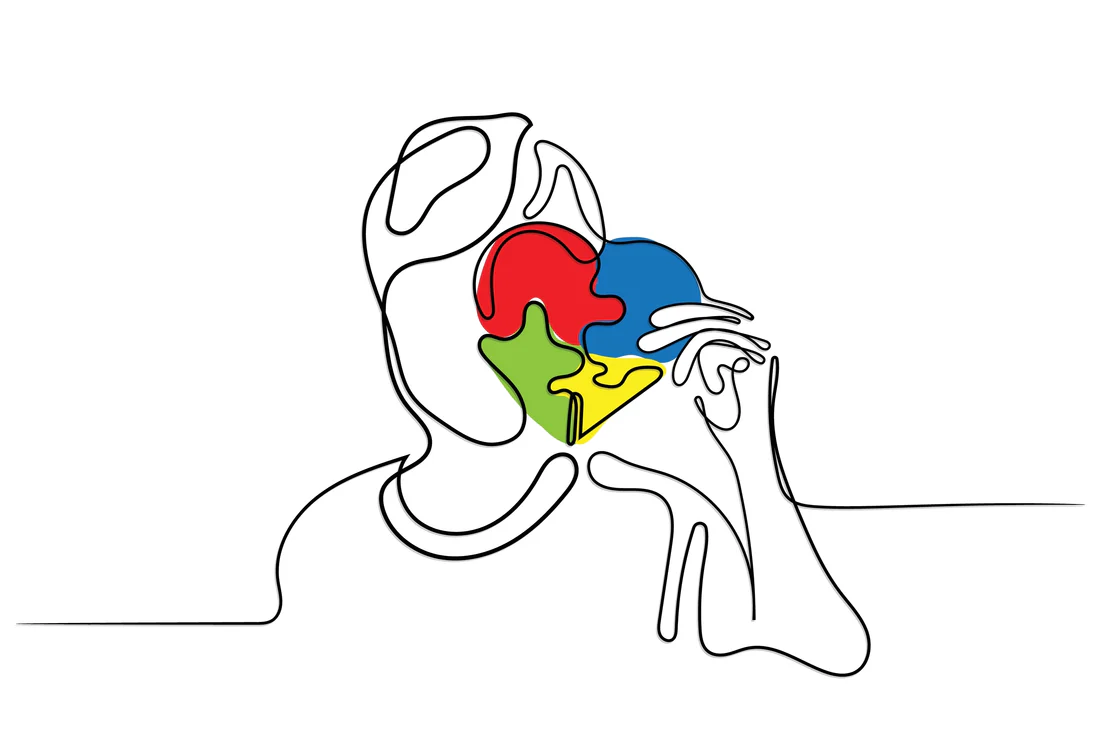










 See Therapist Database
See Therapist Database Speech Therapy
Speech Therapy Physical Therapy
Physical Therapy Occupational Therapy
Occupational Therapy



